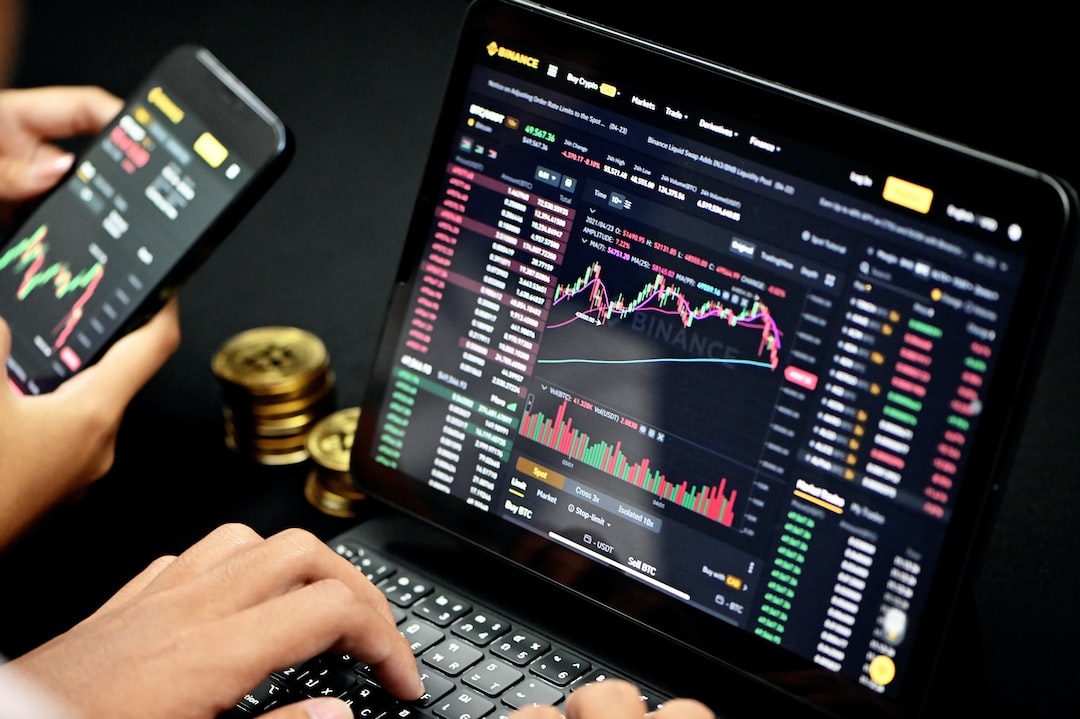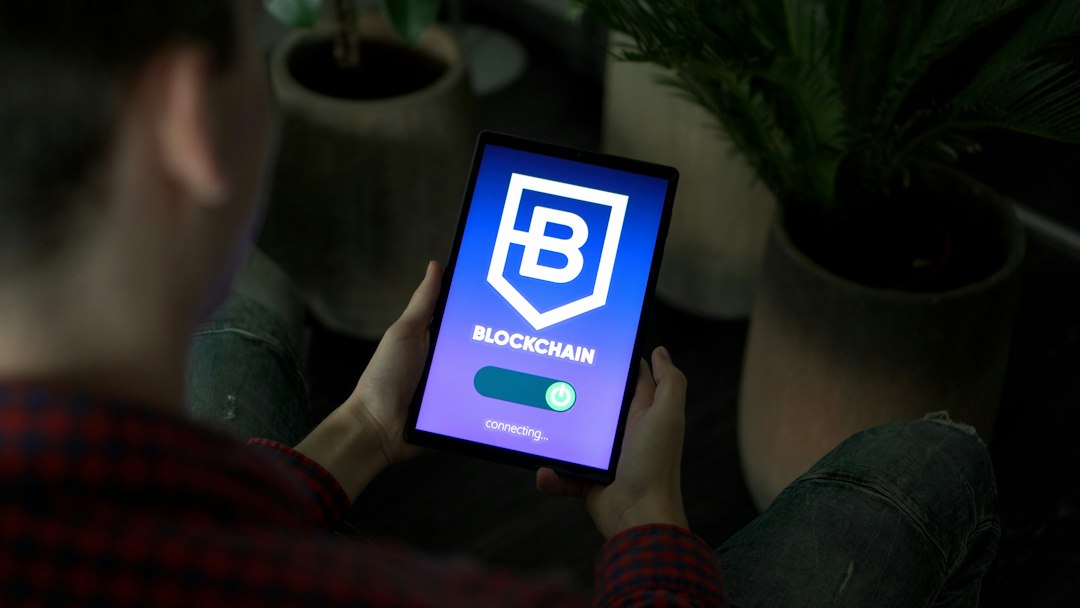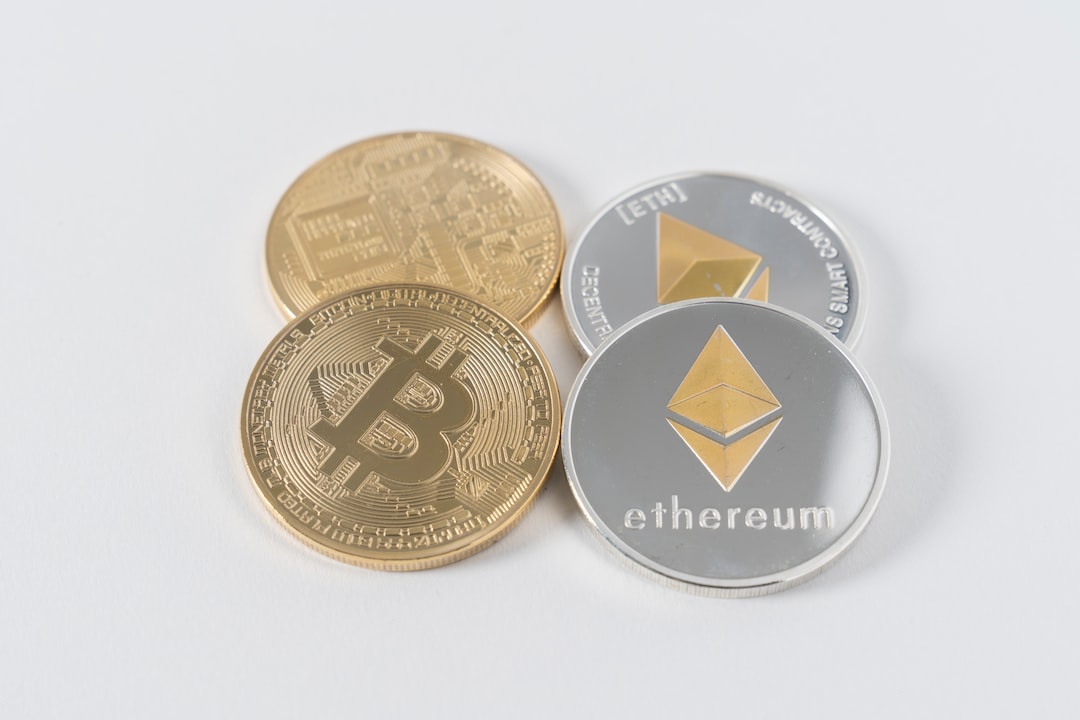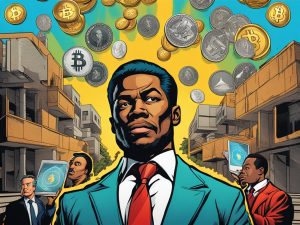The Second Circuit Limits SEC’s Disgorgement Power: Ripple’s Case Implications
The United States Court of Appeals for the Second Circuit has restricted the Securities and Exchange Commission’s (SEC) ability to seek disgorgement without demonstrating actual financial harm to investors. This decision has significant implications for regulatory practices and companies like Ripple.
In a case involving the SEC and defendant Jignesh Govil, the Second Circuit ruled that investors must have sustained monetary losses in order for disgorgement claims to be warranted. This aligns with the Supreme Court’s precedent in Liu v. SEC, which limited disgorgement to actual victim restitution.
In July 2021, Govil, Cemtrex’s main shareholder and executive, was charged by the SEC with misusing investor funds, promoting stock sales while secretly selling his shares, and failing to disclose his trades as required by law.
Alderoty and Hogan’s Take on Ripple’s Case
Stuart Alderoty, Ripple’s Chief Legal Officer, commented on the ruling, highlighting the SEC’s continuous losses in court. He emphasized that without demonstrated investor harm, the SEC’s push for financial restitution lacks a foundation. Jeremy Hogan, an attorney closely following the Ripple case, interpreted the decision as beneficial for Ripple in its ongoing legal battle with the SEC over XRP cryptocurrency.
Ripple’s Liability Questioned
The Ripple controversy has raised questions about a company’s liability for investor damage. Hogan suggests that XRP holders who bought at prices below the current rate have not been “damaged” by Ripple. This could potentially limit Ripple’s liability in its legal battle with the SEC.
Positive Sign for Ripple
The outcome of the Govil case, which emphasizes the need for clear evidence of financial harm, is seen as a positive sign for Ripple and its defense team. It suggests that mere misinformation, without demonstrable pecuniary loss, may not meet the threshold for disgorgement under the current legal framework.
Debates on SEC’s Power
The nuances of legislative changes, such as the NDAA, have sparked debates about the SEC’s power to pursue profits from illegal activities. While new statutes have expanded the SEC’s authority for disgorgement, courts are still bound by equitable limitations that require proof of harm to investors.
Hot Take: Ripple’s Case Implications
The Second Circuit’s decision to limit the SEC’s disgorgement power has significant implications for Ripple and other companies facing regulatory actions. The ruling highlights the importance of demonstrating actual financial harm to investors in order to seek disgorgement. This could potentially benefit Ripple in its ongoing legal battle with the SEC over XRP cryptocurrency. The case raises broader questions about a company’s liability for investor damage and sparks debates about the extent of the SEC’s power in pursuing profits from illegal activities. Overall, this ruling sets a precedent that may shape future regulatory practices and proceedings involving disgorgement.





 By
By
 By
By
 By
By

 By
By
 By
By